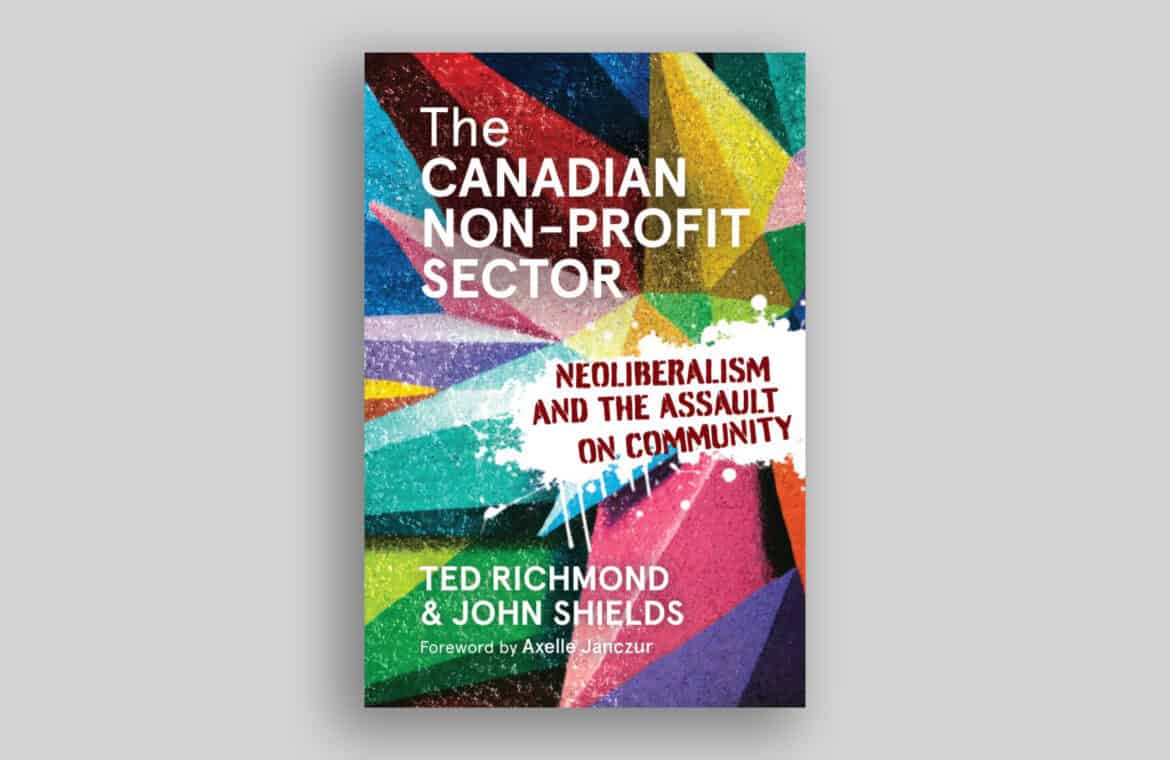Help those who need it
Ratna Omidvar and Tim Brodhead call on philanthropic and charitable leaders to mount a campaign urging Ontarians who can afford it to invest in the province's collective well-being by donating their $200 rebates to meet the urgent needs of their fellow citizens.






